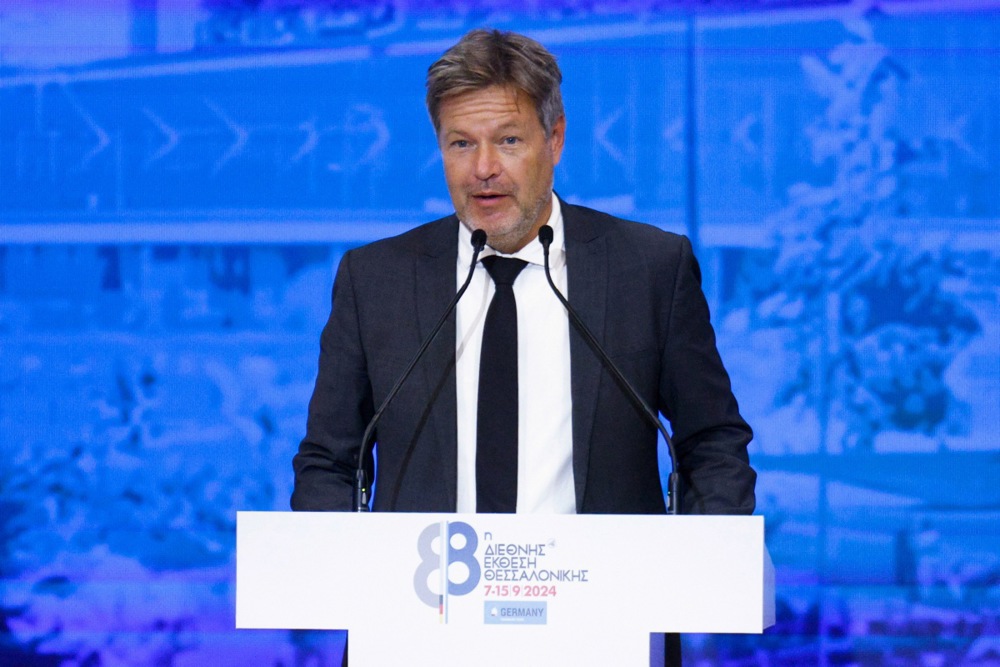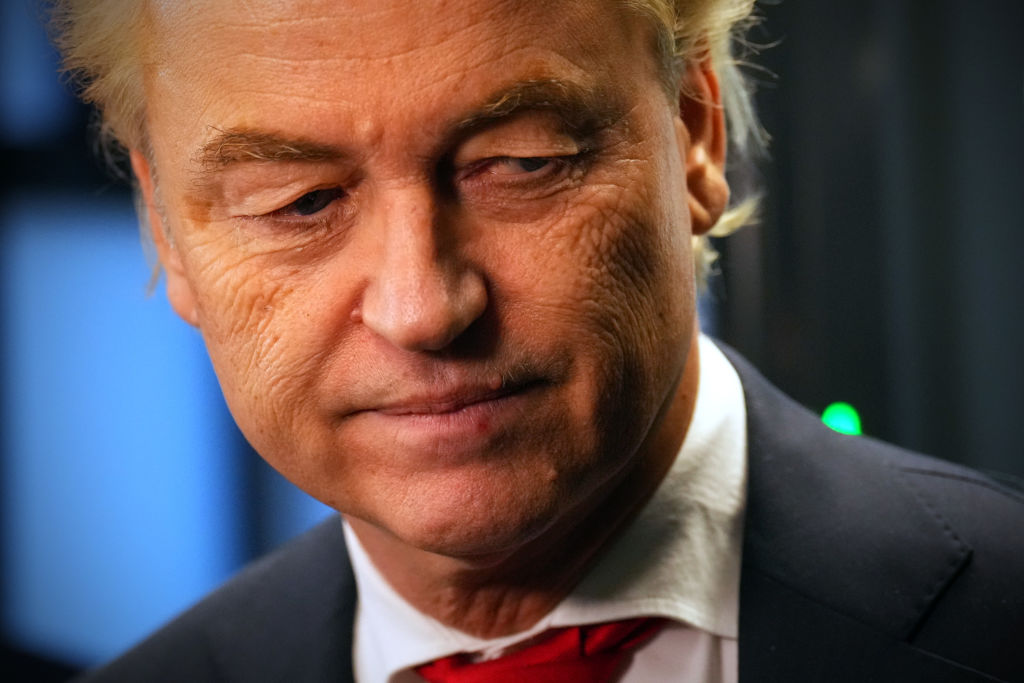A request from the Dutch government for an opt-out from European migration rules is virtually impossible in the near future, according to the European Commission.
On the morning of September 18, the migration minister of the new right-wing government of the Netherlands, Marjolein Faber, officially asked that the European Commission grant her country an opt-out from the EU’s so-called Migration Pact.
She said the Netherlands needs to be in charge of its own asylum policy again in order to prevent more migrants from coming in.
Ik heb zojuist de @EU_commission geïnformeerd dat ik voor Nederland een migratie opt-out binnen Europa wil. Wij moeten weer gaan over ons eigen asielbeleid! pic.twitter.com/lHrIkC3FVX
— Marjolein Faber (@MinisterAenM) September 18, 2024
In a speedy reaction to the Dutch requests, Brussels said that the European rules on asylum and migration “remain binding” for the Netherlands.
For the Dutch to secure an opt-out, or any other exemptions, a treaty change is needed, spokespeople said at the midday press briefing.
Treaty changes are notoriously difficult, as there are many nations with competing interests at play, all struggling to get their own demands in.
On top of this, a treaty change has to go through a lengthy and complex legal process and requires unanimity backing from all 27 member states.
While a shift in migration policy towards a more restrictive stance is occurring across the EU, there are still governments that oppose tighter border control.
German interior minister Nancy Faeser has told the European Commission in a letter that her country cannot handle the migration situation anymore and drastic reforms on a European scale are needed. https://t.co/CWotayhNyg
— Brussels Signal (@brusselssignal) September 13, 2024
“We do not expect the EU treaty to be amended anytime soon,” an EC spokeswoman reacted. She also does not anticipate any European changes on asylum and migration any time soon.
She did note that the European Commission is pleased that Faber explicitly stated in her letter that the Netherlands is prioritising the implementation of the European asylum pact.
However, within Brussels circles, some were already promoting a treaty change, because the EU is planning to add new members. Enlargement and treaty change could come together.
Reacting to Brussels Signal, a spokesperson for the European Commission indicated support for the planned crackdown in the Netherlands.
“The Commission is aware of the challenging situation at the reception centres in the Netherlands and we are supporting the Dutch authorities in this matter,” a spokesperson said.
Regarding the ability of the country to declare a crisis, the Commission representative said: “The main criterion is that the situation renders a Member State’s asylum, reception (including child protection services), or return system non-functional, to the point that there may be serious consequences for the functioning of the Common European Asylum System as a whole.”
In its reply, the Commission seemed supportive and willing to offer help to countries that declare such a crisis — provided they follow the correct legal procedures, specifically regarding timing rules.
If the Netherlands broke European regulations and announced an asylum crisis without the Commission’s consent, the body has the authority to intervene through a process known as “infringement.”
The Commission would ultimately take such an infringer to the Court of Justice of the European Union (CJEU) where the Netherlands could risk financial sanctions.
The Dutch Government has said it wanted to render parts of the immigration law inoperative in a bid to stem the high number of incoming asylum seekers. https://t.co/cMuYjTXt14
— Brussels Signal (@brusselssignal) September 13, 2024





